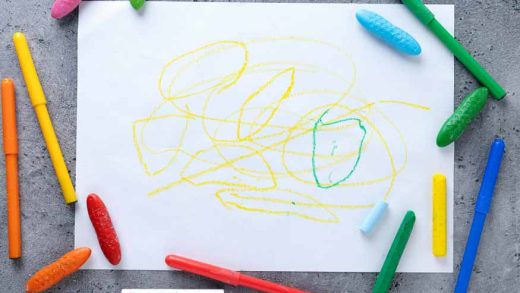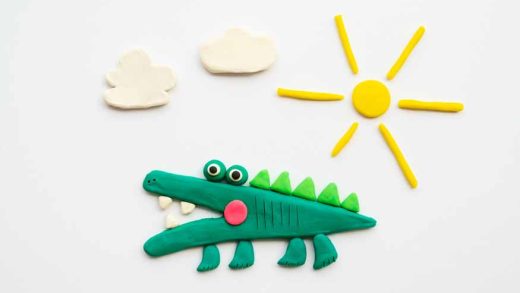In the seventeenth century, J.F. Oberlin, a philanthropist from Germany, started kindergarten. In earlier times, these were used as infant caring centres. They looked after the children whose parents used to work in the daytime.
Then, in the eighteenth century, philosopher Robert Owen made reforms. These reforms included moral education along with daycare. And this is how kindergarten education took a leap. The meaning of kindergarten is that children should be taken care of the same way as plants are taken care of in a garden.
Today, many kindergarten schools have been established all over the world. These schools educate children between the age of 2 to 6 years. The importance of these schools has become greater now than in earlier times. The reason for this is the busy life of the present era.
In this blog, you will get important information related to Kindergarten.
8 Reasons why Kindergarten learning is important for children
Below are some of the benefits of kindergarten learning, which is essential for the advancement of your children
- Harmony
- Skill development
- Communication
- Curiosity
- Discipline
- Motor skills
- Cognition
- Emotional growth
As you might know, small children are closest to their parents. This is the reason why they feel afraid of meeting new people. Children who get into this habit have to face a lot of problems later in life. They are afraid of going to another environment. It is necessary to solve it at the right time otherwise, it can affect their career also.
The first priority of kindergarten education is to drop this habit. When a child mingles with other children away from his parents, the feeling of togetherness increases in him. This eliminates the fear within him and he also learns to trust other people.
Every child has a unique skill set. Proper guidance can help children achieve their goals. This guidance can be fruitful only if it starts from childhood itself. In childhood, a person is not surrounded by responsibilities. Along with this, their thoughts are not bound by the concepts created by society.
Keeping this psychology of children in mind, kindergarten schools are divided into three parts. In primary education, children do activities like dancing, singing, playing and painting. Participating in these activities begins skill development in children.
One of the most important benefits of kindergarten learning is the improvement of communication. You all must have heard the stammering language of small children. This language seems quite pleasing in childhood. But at an older age, this kind of language can make fun of them. That is why It needs to be cured.
One way to make communication better is reading. During preschool, children are made to recite various poems. Reading these poems again and again improves the vocabulary of children. Apart from this, children also learn to greet their elders.
Curiosity means a strong desire to get information about something. This function is found in-built in small children. They will start asking questions about every new thing. According to research, curiosity has many benefits. One of which is that the brain always remains active. Apart from this, the academic performance of people with curious minds has also been found to be quite good.
If curiosity is headed towards good subjects then it is helpful in increasing intelligence . But if this curiosity is inclined towards wrong topics then it can prove to be quite fatal. Through kindergarten education, children’s curiosity is given the right direction.
Discipline means following the rules and behaving correctly. In childhood, a person has every kind of freedom. They can play, eat and sleep whenever they want. At this age, parents fulfill all the wishes of their children. Some children may even deteriorate under these conditions.
Discipline comes to children right from preschool education. They have to play, eat, and study during the provided time. The surrounding environment also brings changes in them as everyone is treated equally.
Small children are unable to multitask. The reason for this is their underdeveloped brain. Not being able to hold a spoon or pen properly is also an example of this. Kindergarten schools also provide this basic education to children. During this. Children are taught things like holding a pen and reading simultaneously.
When two or more parts of the body are involved in doing some work, it strengthens motor skills. Repeated practice becomes a habit in children, facilitating brain development.
Kindergarten schools provide many mind boosting activities to children. These activities also include solving puzzles, arranging alphabets and scribbling. As a result, it increases the cognitive power of children. Through this, children learn to think, understand and reason.
Such children are experts in taking decisions at the right time. Apart from this they score more marks in academics.
Having emotions is the identity of a human being. A person’s success is considered praiseworthy only when he behaves well with the people around him.
At an early age, children are quite self centered. During kindergarten learning, children interact with different kids that build emotions in them. In this way children learn to understand the joys and sorrows of others besides themselves.
Children are devoid of ego, jealousy and politics. Their every action radiates positivity. Therefore, it is very important to nurture these qualities of children. At Kangaroo Kids International Preschool, we provide proper kindergarten education to the children. So without further delay, enroll your children today.








